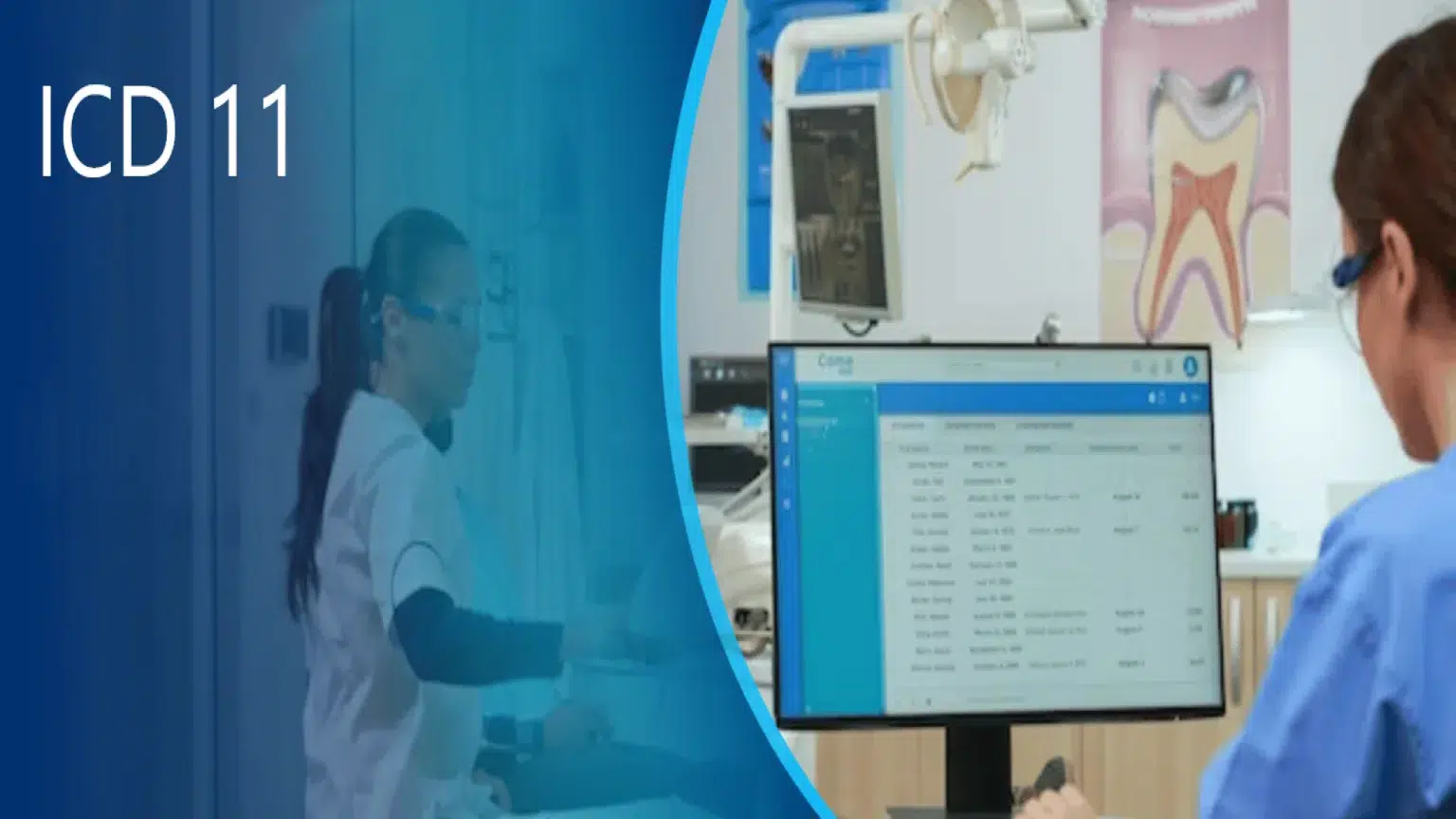A deep dive into ICD-11’s upgraded features, chapters and benefits:
Ever since the introduction of ICD-1 in 1909, the ICD system has been constantly progressing in developing the ICD codes, making advancements, creating milestones, overcoming setbacks and building opportunities in medical coding system. WHO does immense work in developing ICD codes and updates them annually.
Having come so far, International Classification of Diseases (ICD), the globally recognised system, constantly works on categorising and coding diseases, identifying new conditions and injuries. The latest code advancement is ICD-11 is a modernised version of ICD-10 with over 55,000 codes. ICD has been in use since 1994 and implemented in US from 2015. ICD-11 its successor is even more advanced by
Upgraded features:
ICD 11 has adaptations from ICD 10 and new codes are also introduced in it. Let us have a look into some of the new developments in ICD 11.
- Prioritising the patient’s safety, a complete revamp of patient’s safety standards has been processed in ICD 11 in accordance with WHO patient safety standards.
- A new list of mental disorders Avoidant/restrictive food intake disorder (6B83), Body integrity dysphoria (6C21), Catatonia (486722075), Complex post-traumatic stress disorder (6B41), Gaming disorder (6C51), Olfactory reference disorder (6B22), and Prolonged grief disorder (6B42).
- Specific coding for HIV malaria or tuberculosis is added.
- Cancer registration procedure is included in ICD 11.
- Coding for complications in diabetes is included in ICD 11.
- Acute stress reaction is included in a chapter called “Factors including health status or contact with health services”. It is no longer considered a mental disorder.
- Hyperkinetic disorder is renamed as “attention deficit hyperactivity disorder”.
- Gaming disorder is newly added to ICD 11 under the group “Disorders due to addictive behaviours”.
- A new chapter is dedicated for conditions related to sexual health and is added to ICD 11.
- New updates are brought to gender incongruence like transgenderism and gender dysphoria in ICD 11.
- Coding for antimicrobial resistance has been expanded.
- Personality disorder section has been completely restructured. All types of personality disorders are merged into one category. An additional category for personality difficulty is added.
- Stroke is classified as a neurological disorder, earlier it was a disease of circulatory system.
- Allergies are coded under “diseases of immune system”.
Chapters of ICD-11:
Classification of ICD 11 chapters are listed below for clinical code reference.
| 1A00–1H0Z | Certain infectious or parasitic diseases |
| 2A00–2F9Z | Neoplasms |
| 3A00–3C0Z | Diseases of the blood or blood-forming organs |
| 4A00–4B4Z | Diseases of the immune system |
| 5A00–5D46 | Endocrine, nutritional or metabolic diseases |
| 6A00–6E8Z | Mental, behavioural or neurodevelopmental disorders |
| 7A00–7B2Z | Sleep-wake disorders |
| 8A00–8E7Z | Diseases of the nervous system |
| 9A00–9E1Z | Diseases of the visual system |
| AA00–AC0Z | Diseases of the ear or mastoid process |
| BA00–BE2Z | Diseases of the circulatory system |
| CA00–CB7Z | Diseases of the respiratory system |
| DA00–DE2Z | Diseases of the digestive system |
| EA00–EM0Z | Diseases of the skin |
| FA00–FC0Z | Diseases of the musculoskeletal system or connective tissue |
| GA00–GC8Z | Diseases of the genitourinary system |
| HA00–HA8Z | Conditions related to sexual health |
| JA00–JB6Z | Pregnancy, childbirth or the puerperium |
| KA00–KD5Z | Certain conditions originating in the perinatal period |
| LA00–LD9Z | Developmental anomalies |
| MA00–MH2Y | Symptoms, signs or clinical findings, not elsewhere classified |
| NA00–NF2Z | Injury, poisoning or certain other consequences of external causes |
| PA00–PL2Z | External causes of morbidity or mortality |
| QA00–QF4Z | Factors influencing health status or contact with health services |
| RA00–RA26 | Codes for special purposes |
| SA00–SJ3Z | Supplementary Chapter Traditional Medicine Conditions – Module I |
| VA00–VC50 | Supplementary section for functioning assessment |
| XA0060–XY9U | Extension Codes |
Benefits of ICD 11:
- Creating a need for more ambulatory care services.
- In-depth clinical detail.
- Captures risk involved in a disease.
- Detailed framework for disease classification, disorders and injuries.
- ICD-11 also includes new features such as improved functionality for Electronic Health Records (EHRs) and enhanced interoperability.
- ICD 11 has included a set of rare diseases.
- Extension of codes help in addition of relevant clinical documentation.
- ICD 11 codes are more straightforward and undemanding compared to ICD 10.
- The technological infrastructure of ICD 11 is structured in such a way that integration with local digital records is seamless.
Thus ICD 11 has developed a comprehensive set of codes by including all new age diseases, disorders and the integration of ICD 11 into the local clinical systems is at ease. This makes ICD 11 a successful, well-aligned, statistically classified framework of clinical codes so far.




